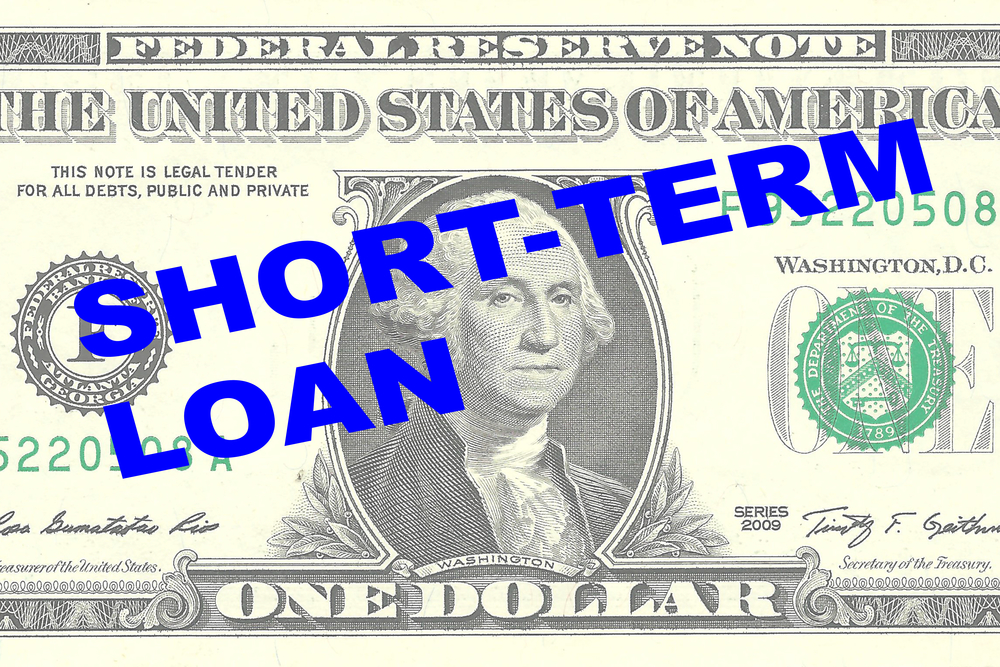In almost every business, new or old, you can hit roadblocks when it comes to cash flow. Maybe you’ve had a bad month, or maybe you are scaling and you don’t have the working capital on-hand when you need it. Whatever the reason may be, it’s important to have enough funds to keep your business afloat as you work. Taking out a small business loan can be a great way to get the money you need. Here are five signs that your business could be the perfect candidate for a loan.
- Your daily ending balances are low.
If you are looking at your balance at the end of the day, and it’s barely breaking even, you might be in need of a small business loan. Especially in the beginning of making a business, or in a period of growth, it’s important to have funds on-hand in case you need to make any quick changes or purchases.
- You have more than 8 negative days in a month
Forget about breaking even, what if you are consistently in the red. If you find that you are in the negative for more than 8 days out of the month, you could be looking at trouble in the near future. More than 8 days of ending up in the negatives, makes you a good candidate for taking out a business loan, to help get yourself back on track.
- You need cash flow for a new contract
You shouldn’t let a lack of funds get in the way of growing your business. It would be a shame to pass up a new business relationship just because you don’t have the cash to make it happen. If you’ve managed to get yourself a new contract, taking out a business loan for some fast-cash is a fantastic way to make sure you don’t miss an opportunity.
- You need new equipment
Just like you shouldn’t let a potential new business relationship slip away for lack of funds, you shouldn’t miss out on a new project because you can’t afford the equipment. A loan for equipment financing can get you the materials, tools, or technology you need to feel comfortable taking your business to the next step.
- You don’t have enough money left for payroll
If your business is making you money, but you don’t have enough left over to pay the people who are helping you to make it happen, you’re in a bad situation. Paying your employees the full amount that they deserve is absolutely vital in making sure your business continues to run smoothly and successfully. Taking out a business loan will pad your funds so you make sure your employees aren’t feeling under-compensated.
Ready to apply for your business loan? Check out Onebox Funding here for a free quote.










